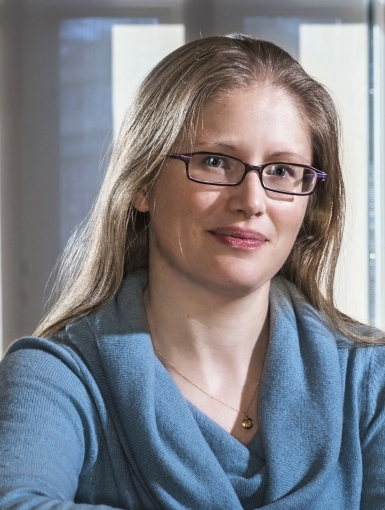
Event Description
By 1953, U.S. policymakers lamented that a “nuclear taboo” limited their military options. Since then, many scholars argue, the use of nuclear weapons has become “unthinkable.” Yet deterrence and U.S. security policy are predicated on perceptions of U.S. willingness to use nuclear weapons in response to dire security emergencies. In this paper, I reexamine these tensions in the nuclear taboo and argue that U.S. leaders’ concern for social reputation and global public backlash contributed to their reluctance to use nuclear weapons in the Cold War. Whatever their own normative beliefs, leaders worried about the reputational fallout from violating norms they perceived – rightly or wrongly – others to subscribe. U.S. leaders have both taken seriously the nuclear option and sought to avoid public condemnation for being perceived as aggressive, irresponsible, or racist for initiating nuclear use in Asia. This argument taps into pressures for conformity with nuclear and other norms and is related to but distinct from purely normative explanations. As a result, “reputation talk” is different than “taboo talk” and cannot serve as evidence to support a nuclear taboo. Moreover, if U.S. public aversion to the bomb is eroding as some recent studies suggest, this suggests that U.S. leaders may no longer face what they once saw as one powerful constraint on their nuclear decision-making.
Speaker Bio
Jennifer L. Erickson is an associate professor of political science and international studies at Boston College. Her research interests include international security and arms control, sanctions and arms embargoes, and the laws and norms of war. Her first book, Dangerous Trade: Arms Exports, Human Rights, and International Reputation (Columbia, 2015) won the APSA Foreign Policy Section's 2017 Best Book Award. Her current book project, Norms at War, explores the evolution of laws and norms of war in historical and contemporary cases of new weapons technologies. Currently, Erickson is the managing editor at H-Diplo’s Robert Jervis International Security Studies Forum and a faculty affiliate at MIT’s Security Studies Program. Previously, she has been a research fellow at Stanford University, Dartmouth College, the Stiftung Wissenschaft und Politik (SWP), and the Wissenschaftszentrum (WZB) Berlin. She has a B.A. in Political Science from St. Olaf College and a Ph.D. in Government from Cornell University.

